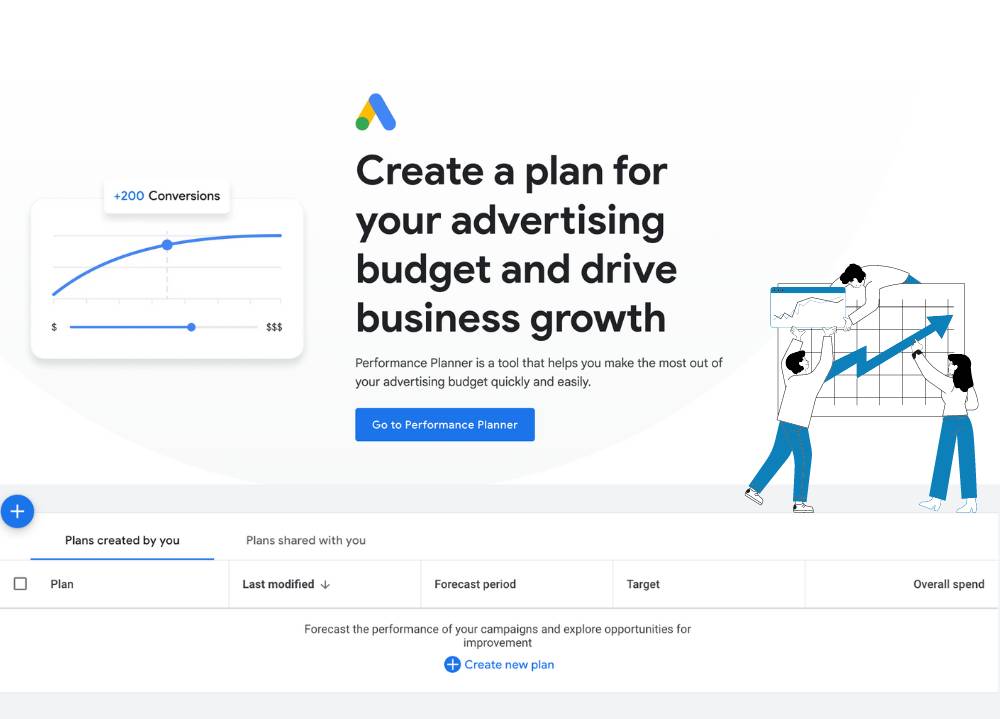Writing web content goes beyond just filling your website with words; it's about crafting messages that truly resonate with your audience. From blog posts to product descriptions and marketing copy, the core aim is to engage, inform, and entertain your readers. Effective content writing serves multiple purposes: it builds your brand's presence online, boosts traffic to your site, generates leads, enhances your search engine rankings, and establishes credibility in your field.
But remember, the digital space is unique. Unlike print readers, online audiences tend to scan content, looking for key information that speaks directly to their needs. That's why it's crucial to structure your content not just so it can be read but also so that it can be easily navigated and understood at a glance.
In this article, we'll explore strategies to create compelling web content that captures attention and drives action, ensuring that your messages not only reach your audience but truly connect with them.
1- Know Your Audience
Before you write a single word, you need a clear understanding of your target audience. This understanding forms the foundation of content that resonates, engages, and converts. Here's how to gain that understanding:
- Conduct Audience Research: Use surveys, social media interactions, and website analytics to gather data on your audience's demographics, interests, and challenges.
- Create Buyer Personas: Compile your research into detailed profiles representing segments of your audience. Include information like age, job title, pain points, and content preferences.
- Monitor Social Media: Pay attention to discussions within your industry on platforms like LinkedIn, Twitter, and Facebook. Note the questions asked and topics that generate the most engagement.
2- Optimize for Search Engine Optimization (SEO)
SEO and content marketing are two strategies that work hand-in-hand to improve your website's visibility and attract more organic traffic. Start with thorough keyword research, identifying terms and phrases your audience uses to find information related to your topic. Incorporate these keywords naturally into your content, especially in strategic places like the headline, subheadings, and throughout the body text. Remember, SEO extends beyond keywords. Ensure your site's overall performance, like loading speed and mobile responsiveness, is optimized to keep both readers and search engines happy.
3 - Craft Compelling Headlines
Your headline is the first impression your content makes. A compelling headline can mean the difference between a click and a scroll-by. Here’s how to create headlines that capture attention:
- Use Numbers and Lists: "5 Essential Tips for..." or "10 Mistakes That..." headlines are effective because they set clear expectations and promise value.
- Include Keywords: Keywords signal relevance to both readers and search engines. Use SEO tools to identify high-volume keywords that match your content's topic.
- Test Headlines: Use A/B testing on email subject lines or social media to see which headlines resonate most with your audience.
4 - Make Content Skimmable
The reality is that online readers skim. To cater to this behavior, structure your content for easy navigation. Use subheadings to outline the main points of your article, allowing readers to quickly find the information they're most interested in. Bullet points and numbered lists are excellent for summarizing key points or steps in a process. And keep paragraphs short – a wall of text can be daunting and drive readers away.
5 - Incorporate Multimedia
Multimedia elements like images, videos, and infographics make your content more engaging and shareable. Here's how to integrate multimedia effectively:
- Relevant Images: Use high-quality, relevant images to break up text and illustrate points. Tools like Canva or Unsplash offer great resources.
- Infographics: Condense complex information or data into infographics. They’re shareable and can help attract backlinks.
- Videos: Embed short videos to provide a dynamic explanation or showcase product demos. Ensure videos add value and aren’t just for show.
6 - Prioritize Content Value and Accessibility
Above all, your content must be valuable. It should answer questions, solve problems, or provide insights that your audience can't easily find elsewhere. Before writing, ask yourself what the reader will take away from the content. Use real-world examples to illustrate your points and provide actionable advice that readers can implement. By ensuring each piece of content has a clear purpose and delivers on its promises, you'll build trust and authority with your audience.
Further, making your content accessible to everyone is not only a matter of inclusivity but also expands your audience reach. Use alt text for images, provide transcripts for videos, and ensure your site is navigable with keyboard shortcuts. Simple, clear language benefits all readers and helps search engines understand and rank your content.
7 - Encourage Action
A primary objective for any piece of content is to prompt an action. Whether it’s subscribing to a newsletter, downloading a guide, or making a purchase, your content should guide readers toward a clear next step. This is where strong, clear calls to action (CTAs) come into play. Use verbs that inspire action (e.g., Discover, Start, Join) and make your CTAs stand out visually on the page. Ensure each piece of content has a purpose and directs readers on where to go or what to do next.
8 - Engage Through Storytelling
Stories have the power to connect with readers on an emotional level, making your message more memorable and impactful. Incorporate storytelling into your content by sharing customer success stories, behind-the-scenes looks at your company, or personal anecdotes that relate to your topic. A well-told story can illustrate complex ideas in an accessible way and humanize your brand, building deeper connections with your audience.
9 - Keep It Updated
The internet is dynamic, with new information and trends emerging constantly. Regularly review and update your content to keep it current and accurate. This not only improves your site’s credibility but also its SEO, as search engines favor fresh, relevant content. Set a schedule for reviewing your top-performing posts and updating them with the latest information, links, and keywords.
10 - Utilize Social Proof
Incorporating social proof, such as testimonials, reviews, and case studies, can significantly boost the trustworthiness and persuasive power of your content. Highlighting the experiences of real customers or clients provides evidence of your product’s or service’s value, encouraging readers to take the leap. Embed social proof strategically in your content where it can have the most impact, such as near CTAs or within product descriptions.
11 - Analyze and Adjust
The only way to truly know if your content strategy is working is to measure its performance. Use analytical tools to track engagement metrics like page views, bounce rate, time on page, and conversion rates. Look for patterns in what content performs well and why. Then, use these insights to refine your approach, experimenting with different topics, formats, and distribution channels to see what resonates most with your audience.
12 - Learn from the Best
Study content from leading websites in your industry. Note what they do well and think about how you can adapt their strategies to suit your unique voice and audience.
Writing web content that works is a blend of creativity, strategy, and persistence. By following these key strategies, you can create content that not only ranks well in search engines but also genuinely engages and converts your target audience. Remember, the goal is to make a lasting impression on your readers, turning them into loyal followers and customers.
Ready to elevate your web content? Speak with a strategist at Titicus today and discover how our expert content creation and digital marketing services can help you achieve your business goals.





